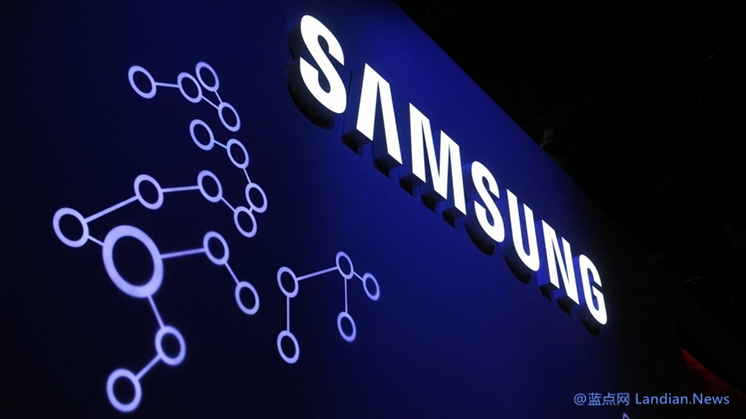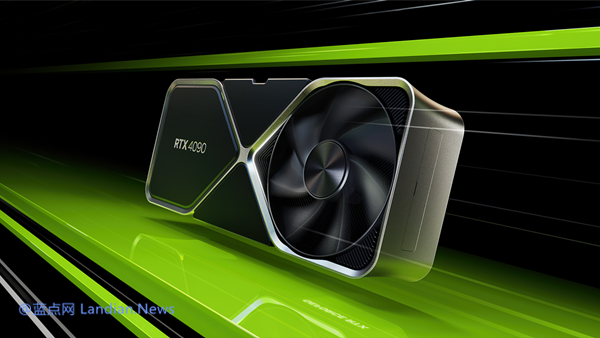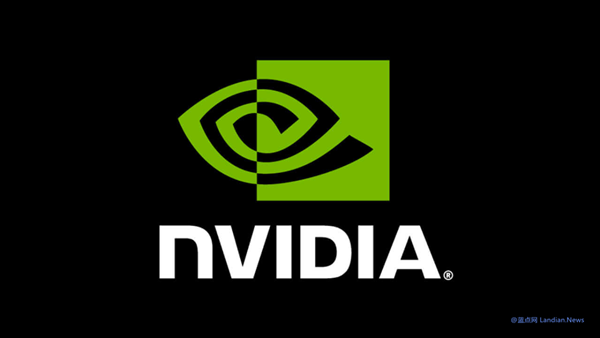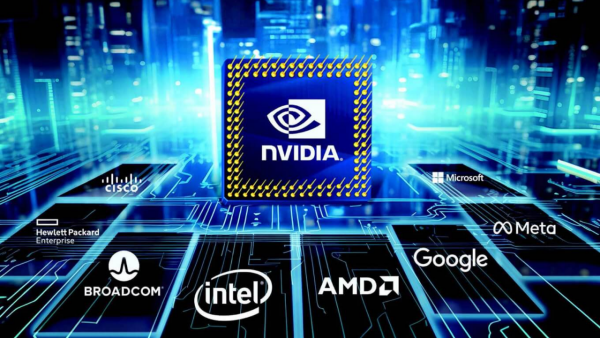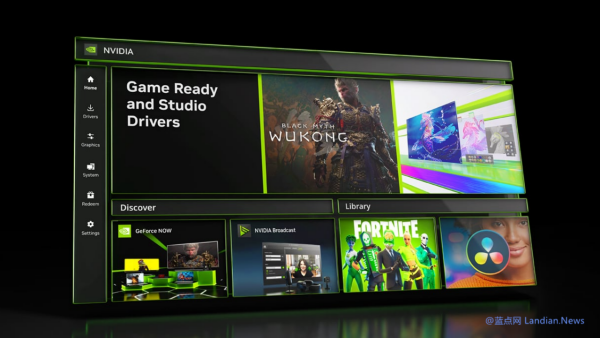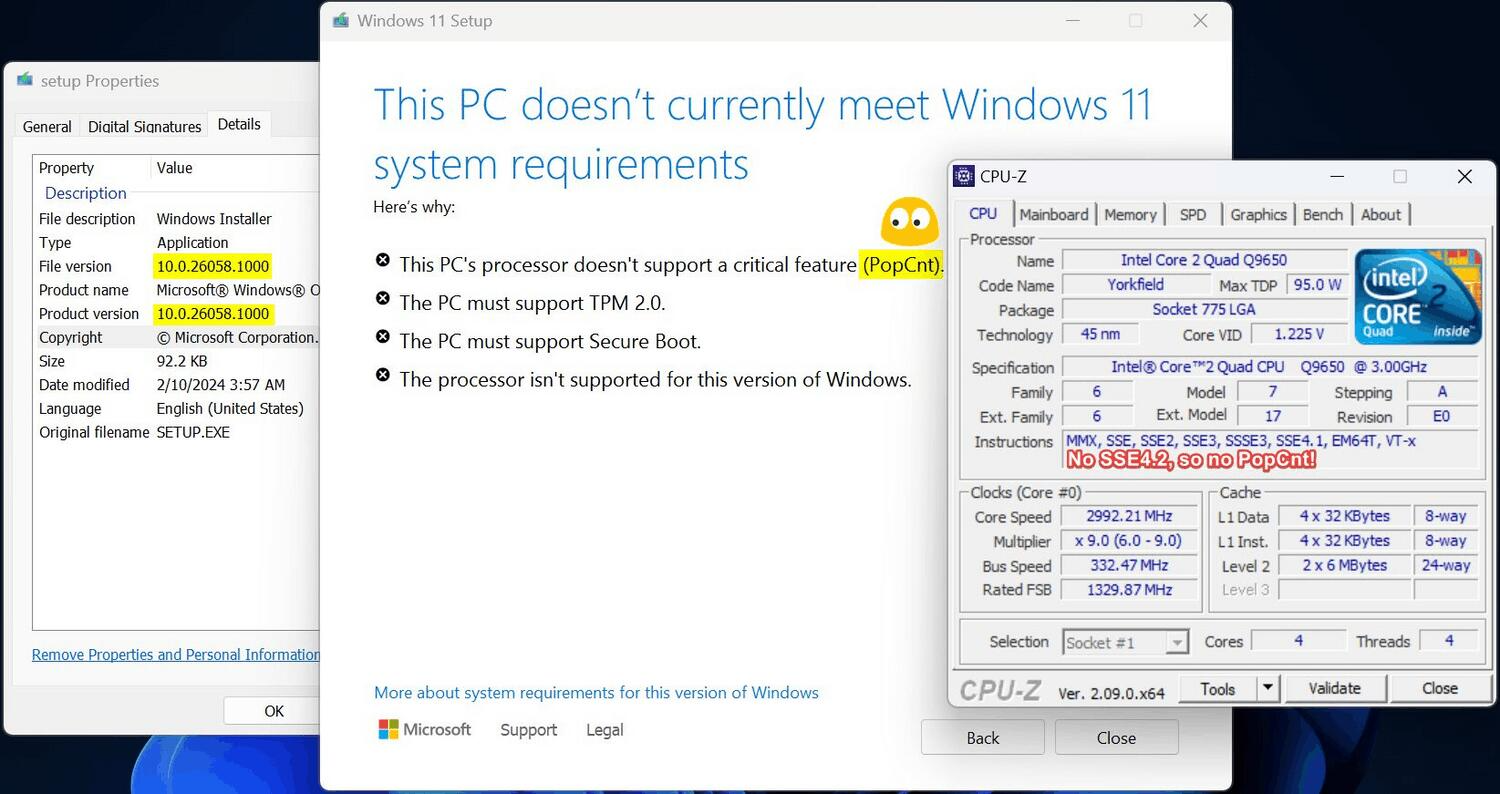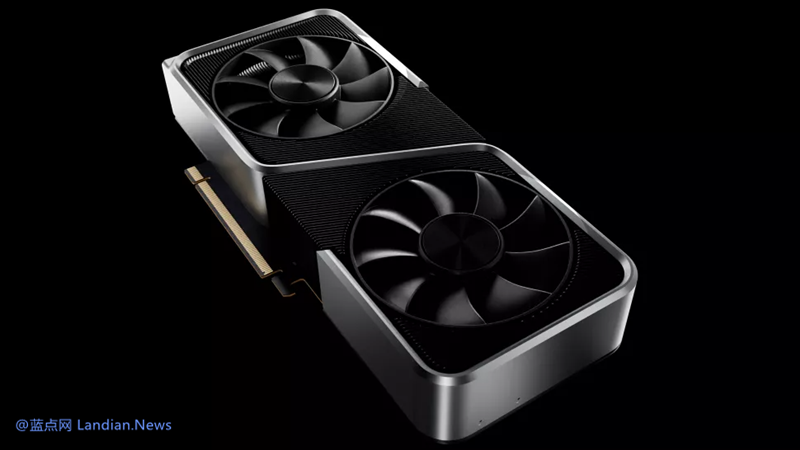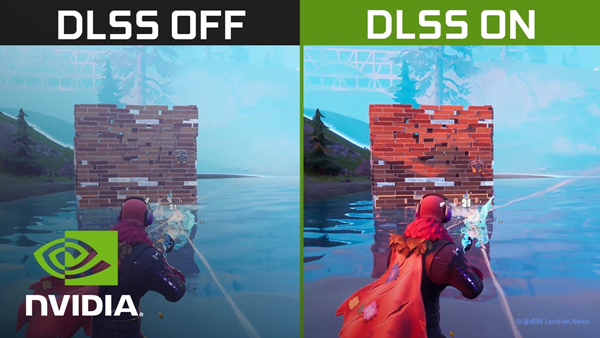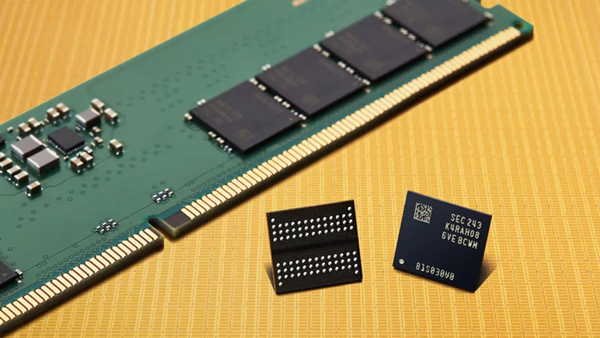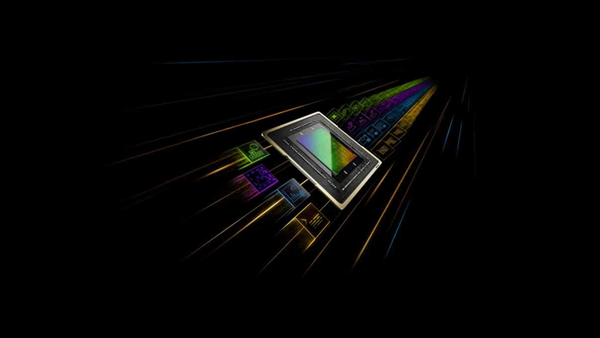Samsung's HBM Memory Chips Reportedly Fail Nvidia's Testing Due to Heating and Power Consumption Issues
Samsung appears to be facing challenges with its HBM (High Bandwidth Memory) series of memory chips. There were rumors in February that Nvidia had blacklisted Samsung's HBM memory due to cracks, although Samsung quickly issued a statement to refute these claims.
Now, according to a report by Thomson Reuters, Samsung's HBM3 memory chips supplied to Nvidia have failed to pass Nvidia's tests due to heating and power consumption issues.
HBM is a high-performance DRAM based on 3D stack process technology, designed for scenarios requiring high memory bandwidth, especially in graphics processors, network switches, and forwarding devices.
Nvidia's AI acceleration products require very high bandwidth to enhance performance, leading Nvidia to initially partner exclusively with SK Hynix for the supply of HBM3 memory chips.
However, from this year, Nvidia has started to accept HBM3 memory chips from Samsung Electronics and Micron, making Samsung the only one among the three suppliers currently facing issues. SK Hynix remains Nvidia's main supplier.
It is reported that Samsung has been attempting to pass Nvidia's tests for the HBM3 and HBM3E chips since last year, with the latest failed test results for the 8-layer and 12-layer HBM3E chips being announced in April.
Since Samsung has not successfully passed Nvidia's testing, it is not yet considered a supplier for these chips, highlighting Samsung's lag behind SK Hynix and Micron in the HBM chip sector.
Although Nvidia has its own testing standards, and Samsung has already supplied such chips to other customers, it seems that Nvidia's higher requirements are currently beyond Samsung's capability to meet. For now, Samsung is left watching as SK Hynix and Micron lead the way.
Note: HBM3 refers to the third standard of HBM, and within each standard, there are different "generations," such as HBM3E. Thus, "HBM3" does not denote the third generation.
